Bespoke Partnership
The minimalist design and natural materials behind LINDBERG eyewear’s timeless appeal
From the pursuit of aesthetic refinement to the technical mastery of titanium, the Danish brand has enduring style covered
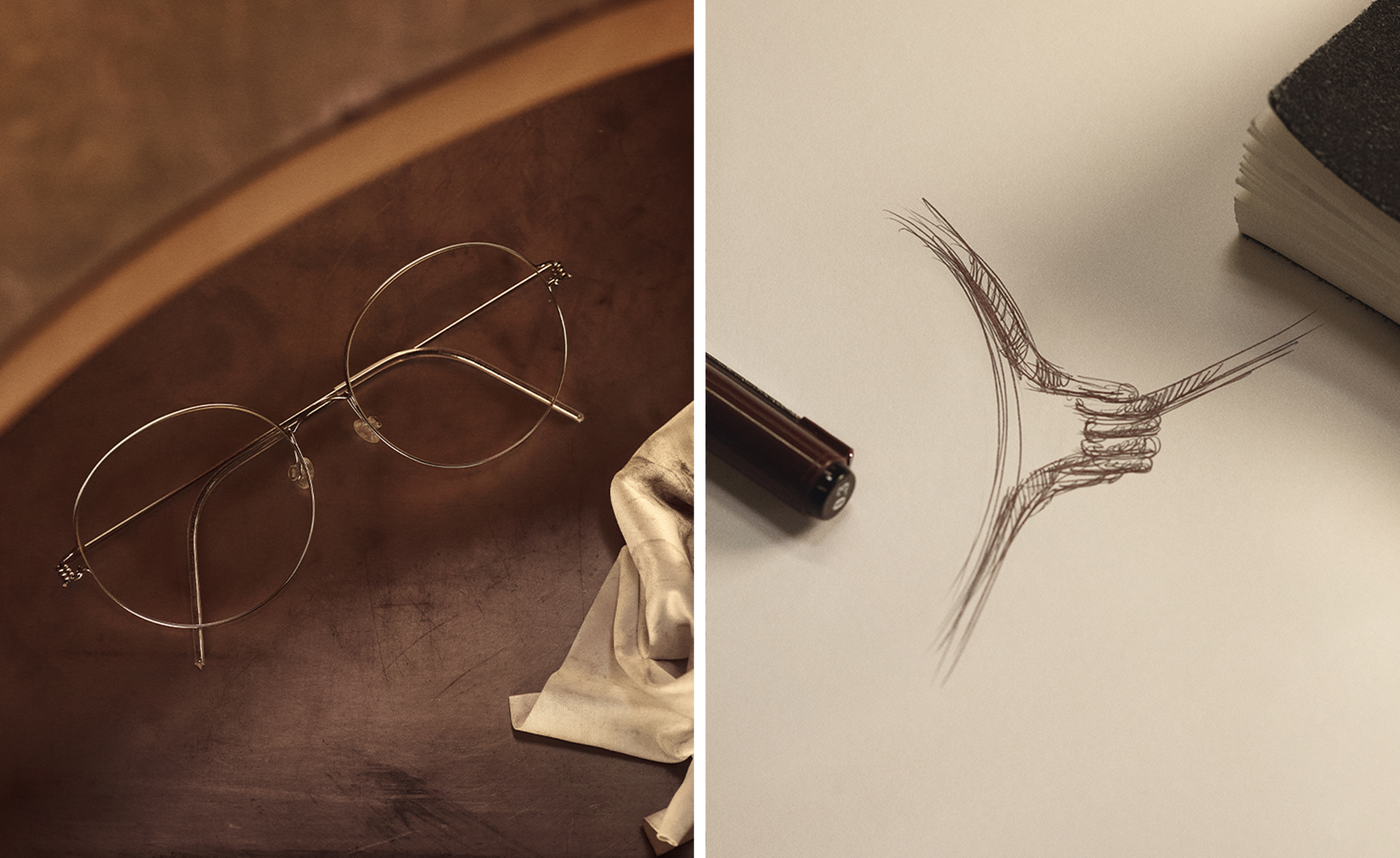
In partnership with LINDBERG
The intangible notion of ‘timeless’ design is attached to elegant, sturdy, beloved and instantly recognisable industry classics. Timeless design across the disciplines of architecture, furniture, automobiles and eyewear is unchanging and beautiful. It works perfectly.
How is timeless design achieved? Slowly and meticulously. Materials are central. Simplicity is key. To endure decades, to ‘stand the test of time’, bestriding trends and mania, rising above fashion, timeless design appears effortless. It is never so. Timelessness takes time.
LINDBERG’s timeless design
A blend of the timeless and the contemporary, LINDBERG’s original Danish eyewear showcases an unwavering commitment to quality and minimalist values. Its clean lines, balanced proportions, and nominal ornamentation remain unaffected by fashion or fads.
The company has been setting the benchmark for excellence in eyewear since it was founded in 1986 by architect Henrik Lindberg and his optometrist father Poul-Jørn Lindberg. The brand’s ethos of stripping away excess and focusing on essential elements contributes to the timeless aesthetic. A signature simplicity, a materials-based approach and attention to detail in the manufacturing process contribute to quality levels, effortless function and a handsome silhouette that is acknowledged by the brand’s global patrons, including actors, architects, politicians and industry captains.
LINDBERG eyewear remains authentic and constant in form, function, manufacturing and make-up. In essence, the product varies little from its original conception – LINDBERG having achieved a sense of engineering grace and minimal perfection at the first pass.

It is an irony that the quest for timelessness cannot rest, however. LINDBERG’s creative ethos of continuing experimentation, reduction and refinement is informed by functionalism and acute attention to detail, Denmark’s design heritage and architectural traditions; it’s an approach exemplified in the brand’s application of seemingly simple solutions that nevertheless push the limits of technical innovation.
LINDBERG is known for screwless hinges and ultra-lightweight materials. Each pair of glasses is made to order, combining patented technologies, and meticulous craftsmanship. Frames are customised to particular preferences, hand-finished, and individually engraved. Natural materials are always preferred – horn, precious woods and metals – ageing gracefully and developing a tactile quality that engages the senses.
Titanium, a natural element that possesses remarkable qualities, is central to the LINDBERG eyewear design and manufacturing philosophy. Strong but lightweight, titanium facilitates unparalleled comfort, while its famous flexibility allows for a personalised fit that conforms to the contours of the face.
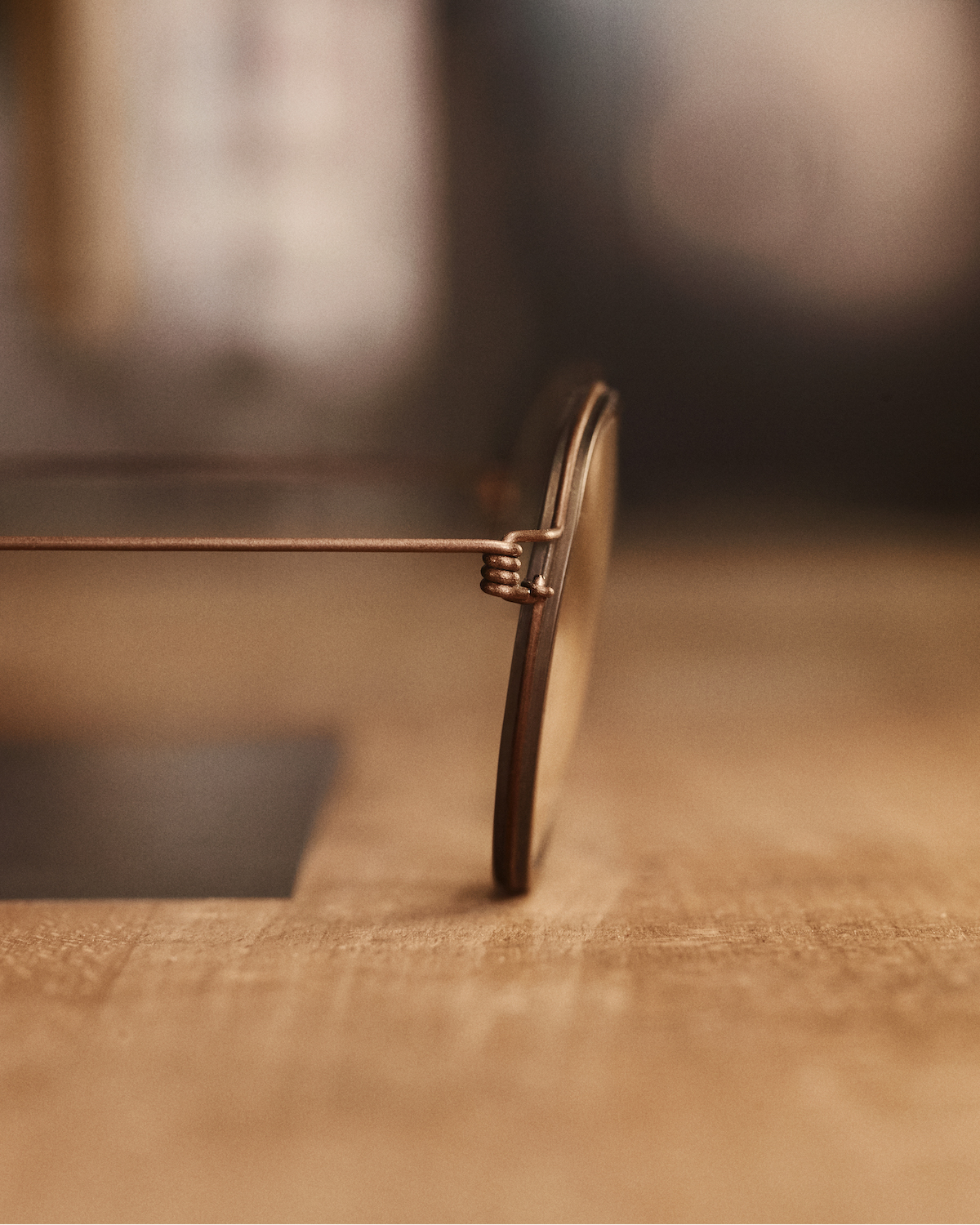
Titanium’s durability and non-corrosive properties ensure frames that stand the test of time. A specialised colouring method, unique to LINDBERG eyewear’s manufacturing process, produces a range of 36 different vibrant hues, all naturally derived from the material’s make-up.
By embracing the enduring qualities of natural materials and continuing a tradition of Danish design LINBERG frames celebrate, honour and defy time itself. With a dedication to exceptional craftsmanship and a commitment to responsibly sourced materials, the company’s eyewear embodies the essence of quiet and timeless luxury.
Receive our daily digest of inspiration, escapism and design stories from around the world direct to your inbox.
Simon Mills is a journalist, writer, editor, author and brand consultant who has worked with magazines, newspapers and contract publishing for more than 25 years. He is the Bespoke editor at Wallpaper* magazine.
-
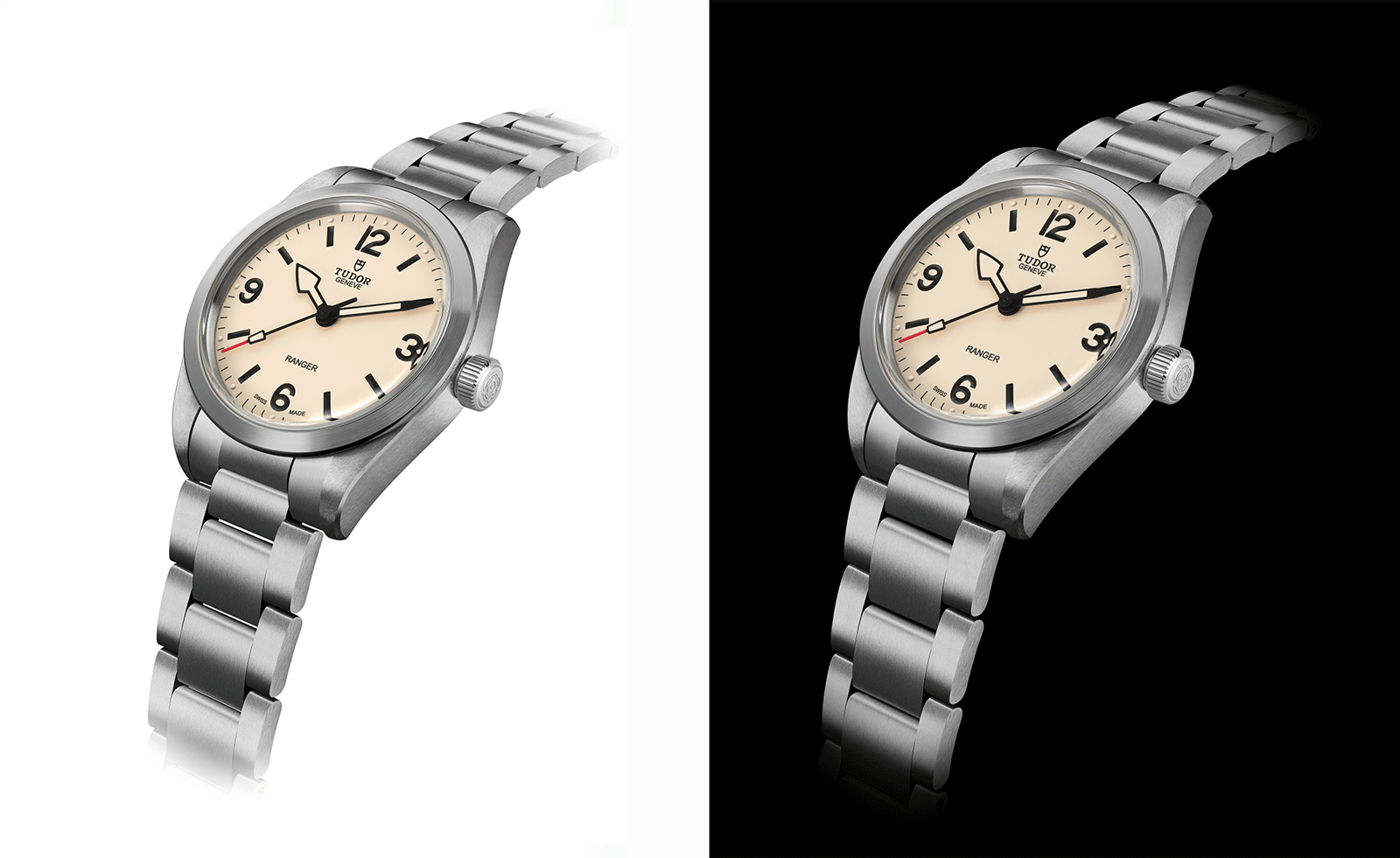 The new Tudor Ranger watches master perfectly executed simplicity
The new Tudor Ranger watches master perfectly executed simplicityThe Tudor Ranger watches look back to the 1960s for a clean and legible design
-
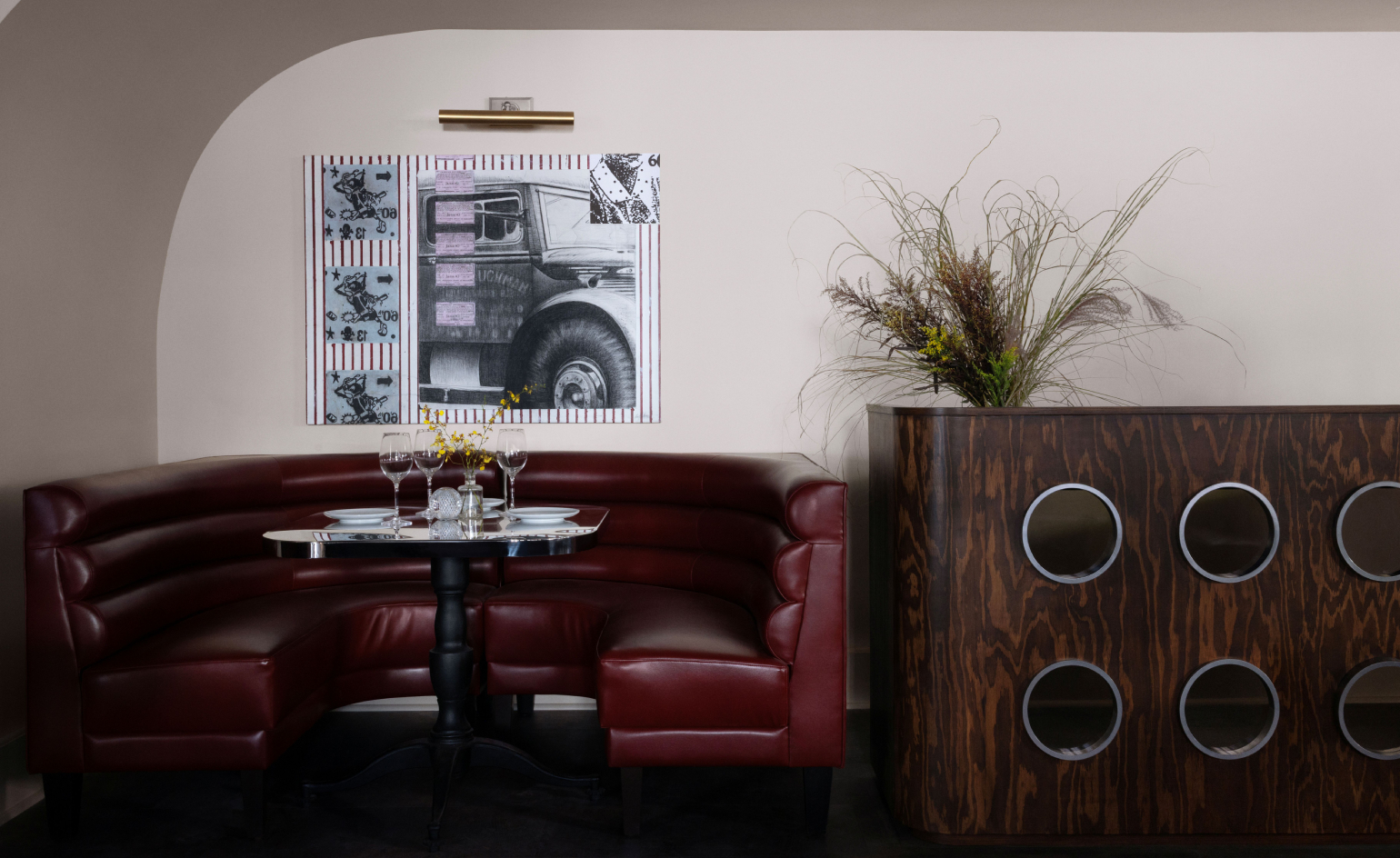 This late-night hangout brings back 1970s glam to LA’s Sunset Boulevard
This late-night hangout brings back 1970s glam to LA’s Sunset BoulevardGalerie On Sunset is primed for strong drinks, shared plates, live music, and long nights
-
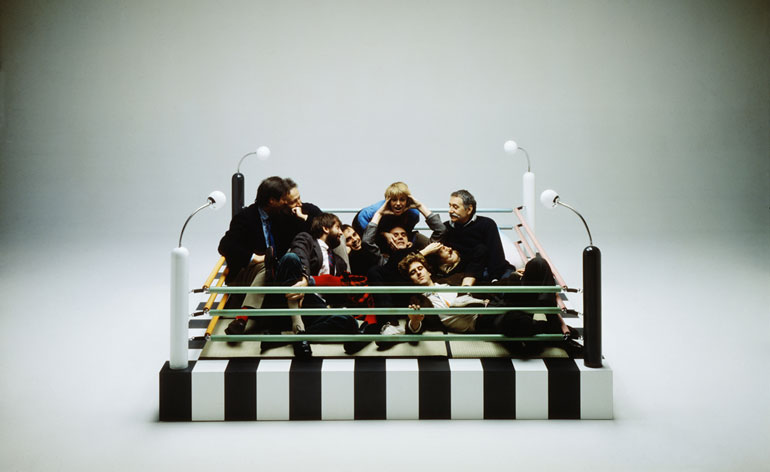 How Memphis developed from an informal gathering of restless creatives into one of design's most influential movements
How Memphis developed from an informal gathering of restless creatives into one of design's most influential movementsEverything you want to know about Memphis Design, from its history to its leading figures to the pieces to know (and buy)